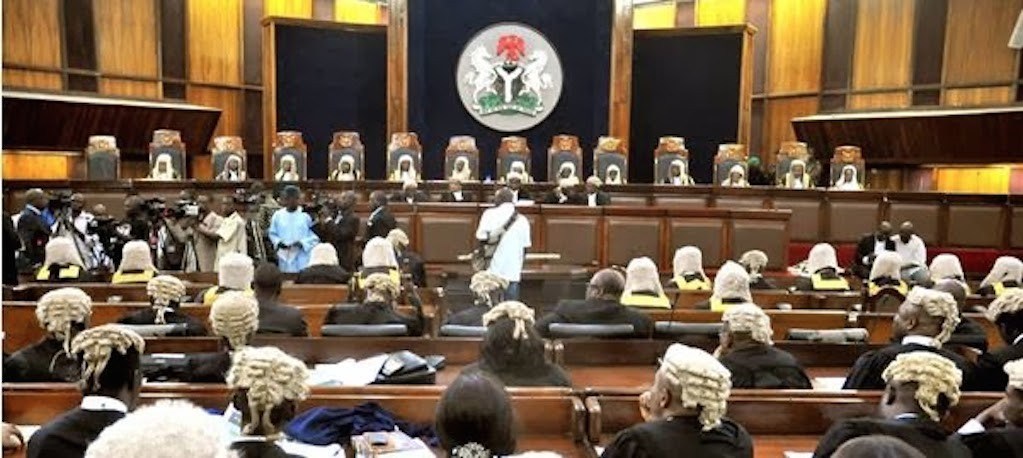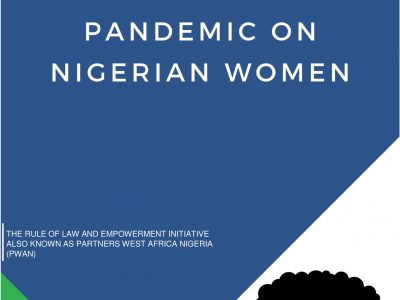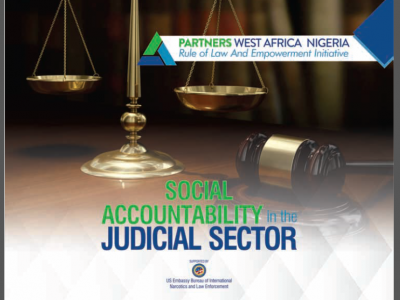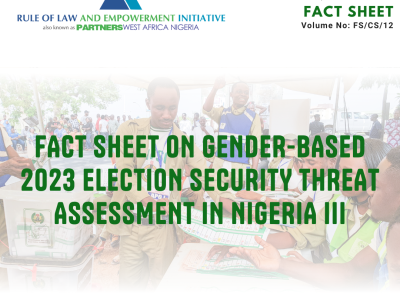
Desk Review on the Nigerian Judiciary (1999-2016)
The Judiciary is the third arm of government in Nigeria. It is made up of the various systems of courts in all the jurisdictions in the country and is structured to fit Nigeria’s Federal system. As an institution, the Judiciary consists of the “Bar” and the “Bench”, and many of the laws and much of the hierarchy of the country’s court system are based on the inherited British system.
To strengthen the independence of the Judiciary, Nigeria’s 1999 Constitution introduced some changes that are a departure from the British model. Two significant examples were the establishment of:
- i) The Federal Judicial Service Commission (FJSC)
- ii) The National Judicial Council (NJC)
These two institutions were designed to protect the Judiciary from undue interference from the Executive arm of government. The composition of each body and their statutory functions indicate how this is supposed to work.
[ddownload id=”1511″ button=”blue” text=”Download the Desk Review”]




